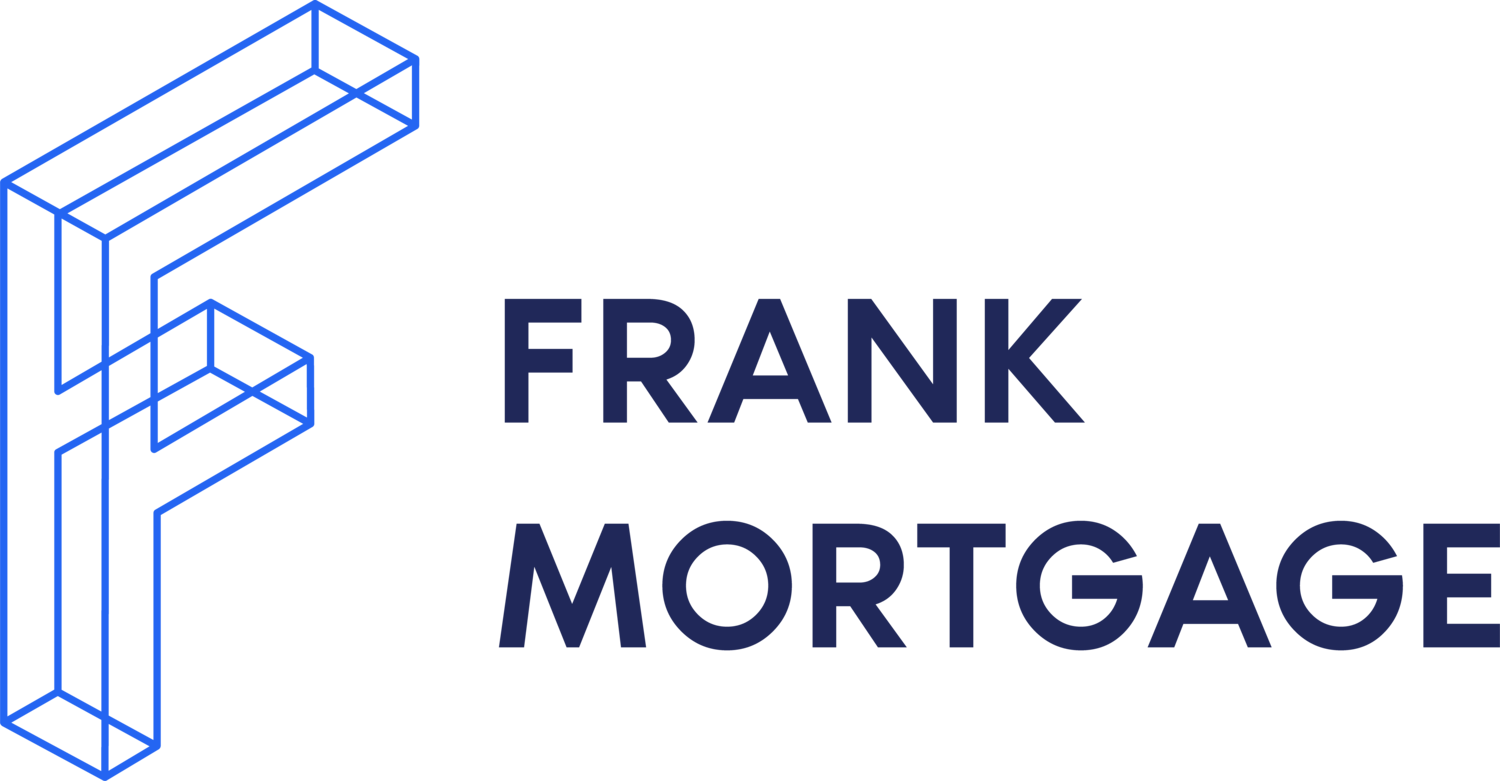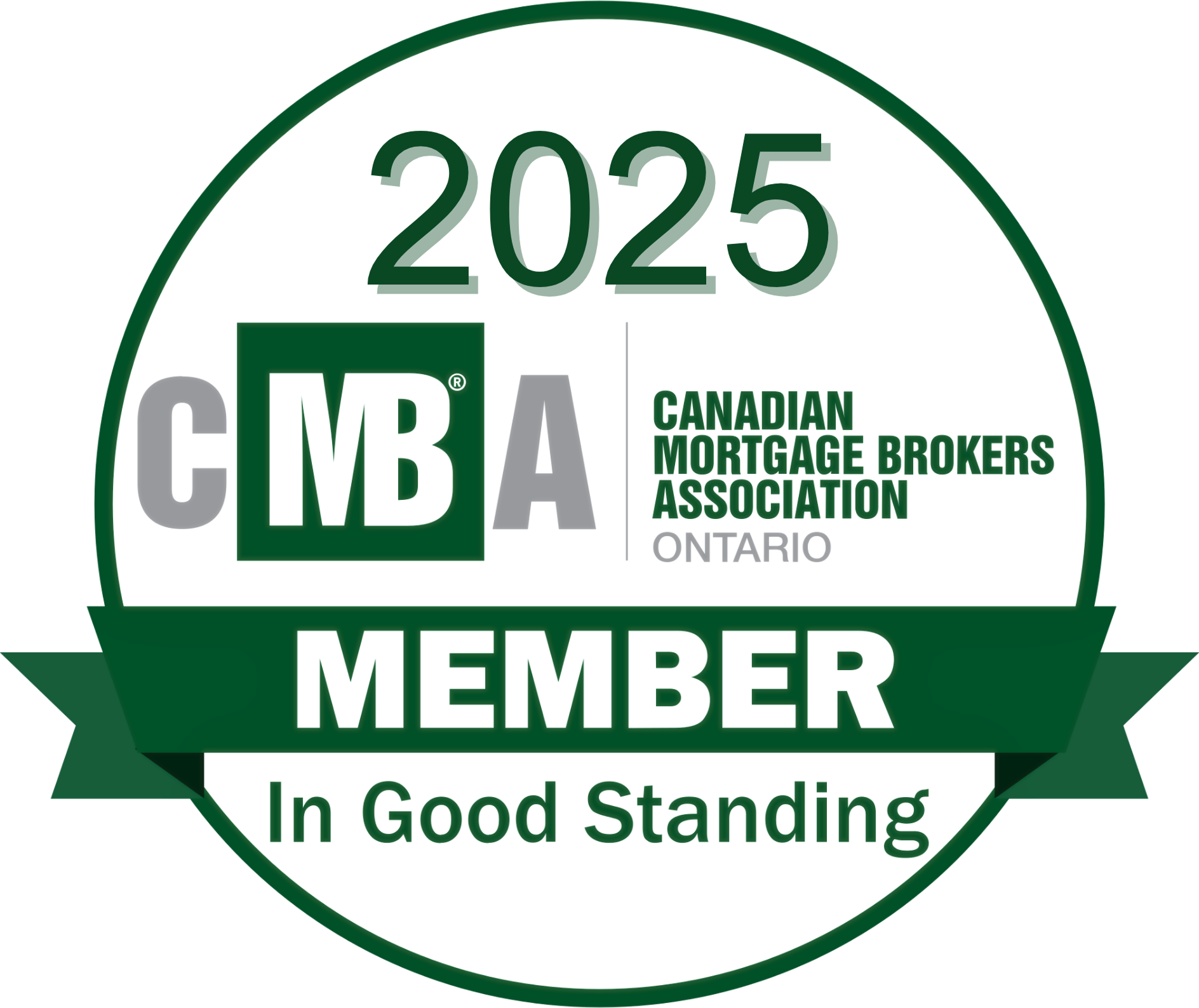Shopping Around for Your Mortgage Can Save You Thousands

Are you planning to buy a home or renew your mortgage? Your house purchase decision is one of the biggest decisions you will ever make. Finding the right mortgage financing for that purchase is equally important. With the multitude of mortgage options available, how can you determine whether you are getting the best deal available? It is essential to shop around.
How to Shop for a Mortgage
There are two main paths you can take to get a mortgage. The first is to talk directly with your bank or credit union and just go with them. This might be easy but when dealing directly with a single lender like this you can only see what they offer you. There are likely much better mortgage deals available that your bank or credit union won’t be able to show you. This leads to the second option, which is to work with a mortgage broker.
A mortgage broker will have access to several lenders and can try and find you the best deal from the list of lenders they deal with. One of the issues you will find is that some brokers only deal with a few lenders while others deal with dozens of lenders. The more lenders a mortgage broker deals with the better chance you have of finding the best deal in the market. That is if you have a good broker. Some steer clients to their favorite lender even if that lender doesn’t have the best deal. You need a broker that shows you all the options in the market without any filtering or bias – like Frank Mortgage.
You can visit the online rate shopping sites. They will show you the best rates being offered by the lenders that they work with. This will give you a good idea of how rates can differ between lenders and let you know if your lender’s offer (if you have one) is competitive. These sites are good for doing research on rates but be aware that the low online rates often carry restrictive terms, and you need to speak with an advisor to know if you are eligible to qualify for the rates.
You should also know that pre-approvals or rate holds are not offered by all lenders. These are valuable for you if you are shopping for a new home or looking to secure a new lender for your mortgage renewal. A good mortgage broker can show you who provides pre-approvals and rate holds and should be able to show you multiple options so you can compare the best rates and conditions.
Shopping around and picking a mortgage broker that will show you all the options you can qualify for provides a great head start on your mortgage journey. You will be better informed and, with the right advice, prepared to make the best choice.
To fully prepare yourself for the mortgage journey please refer to our guide for new mortgage borrowers - Guide to the Mortgage Process.
Shopping for a mortgage will allow you to not only find the best deals but the process will also educate you about the types of mortgages and lenders that exist. It is a key step in understanding the process for getting a mortgage. The benefits are many but here are the most notable benefits from shopping for a mortgage:
1. Seeing the Variety in Mortgage Rates
One of the most significant advantages of shopping around for a mortgage is uncovering the variety in interest rates. Different lenders offer different rates, and even a fraction of a percentage can make a significant difference in the long run.
No single lender always has the best mortgage rates. Lender rates can vary day-to-day. Some lenders will lower their rates or offer special rates that are not matched by others. To access the best rates, you could use a mortgage broker that not only has access to most lenders but is willing to also show you the best offers from lenders at any time. Some brokers only deal with a small handful of lenders or have a bias to steer you to the lender that pays the most. If the mortgage broker is willing to show you a wide variety of rate options from several lenders then you know you are dealing with a good broker.
Alternatively, you can shop around a variety of sources. This way you can see the differences between providers. There are also online comparison sites that show you the best rates from multiple lenders. They are informative but they don’t handle the mortgage application for you, nor do they let you know if you qualify for the rates shown. Nevertheless, they can arm you with information that can help you negotiate with the mortgage broker or lender you select.
The effort of shopping around for rates and searching for choice can pay off. As an example:
Imagine you're taking out a mortgage of $400,000 over 25 years. Your bank offers you a rate of 6.4%. This results in a monthly mortgage payment of $2,655. However, there are non-bank mortgage lenders that usually have lower rates. You might find one that has a special offer of 5.99%. This rate would result in a mortgage payment of $2,556. The difference may only be $99 a month but over the sixty months of a five-year mortgage that amounts to savings of $5,940! That's a substantial amount that could be in your pocket instead of the bank's.

2. Understanding There Are a Variety of Mortgage Terms & Features
Lenders don’t just differ in rates; mortgages come with various loan terms and conditions. Some might offer more flexible payment schedules, while others may allow you to make extra payments without penalties. Some mortgages are portable while others are not. By shopping around, you can find a mortgage tailored to your financial needs and goals.
Knowing how a variable-rate mortgage works versus a fixed rate mortgage is also important, especially given recent events where many borrowers have learned the perils of the static-pay variable-rate mortgages that have put them into negative amortization. Sometimes borrowers, and even their advisors, downplay the importance of these mortgage features. Don’t cut corners to save time; do your research. Your mortgage choice is not just a rate decision, the mortgage you select needs to work for you in other ways not reflected by the rate.
3. Mortgage Fees and Other Costs
Different lenders have different fees and closing costs associated with their mortgages. The actual closing costs are generally the same but from time-to-time some lenders will cover some of the costs for you or even offer cash back incentives to help you offset these costs. Mortgage borrowers are not likely to find out which lenders are offering the incentives unless they shop around.
Mortgage brokers often charge fees as well. Broker fees are not common in the A lending space, so if a mortgage broker is trying to charge you a fee for an A-mortgage, look elsewhere. Most, but not all, mortgage brokers do charge fees for a B-mortgage though. These fees can often be as much as 1% of the mortgage balance. This is a substantial amount. If you are a B-mortgage borrower, it is in your interest to find a mortgage broker that does not charge a fee for a B-mortgage, such as Frank Mortgage. Shopping around for no-fee brokers can save you money.
All brokers will charge a fee for a private mortgage. Private lenders do not pay a fee to mortgage brokers, like the A and B lenders do so they only compensation a broker receives for a private mortgage is the fee charged to the customer.
4. Avoiding Hidden or Overlooked Terms and Charges
Be sure that your advisor discloses all the expected fees and costs for obtaining the mortgage to you upfront. You need to do this to avoid the situation where this disclosure comes late in the process, after you are committed to the deal. You should have this information before deciding on which mortgage to select. If you shop around, you can find an advisor that will be open and transparent about costs and fees.
One of the other things to find out early from your advisor is how flexible the prepayment privileges are for the mortgages being considered. The mortgages with the lowest rates often have very restrictive prepayment privileges. This may limit your flexibility in the future if you ever had to move, sell the house and/or break the mortgage. It can also reduce your flexibility to pay down the mortgage more quickly over time. Worse than that, it can lead to surprisingly large prepayment penalties.
Mortgage Portability is another often overlooked feature you should consider that provides you with potentially valuable flexibility. Shopping around will allow you to find the lenders that offer portability.
In Conclusion
Shopping around for your mortgage isn’t just a smart financial move; it’s essential. The mortgage market is competitive, and lenders are vying for your business. Let that competitive environment work for you. Take the time to compare rates, terms, fees, and penalties. You will empower yourself to make an informed decision and benefit from competition for your business. This can potentially save you thousands of dollars and eliminate surprises over the life of your mortgage.
Remember, the mortgage you choose today will impact your financial well-being for years to come. Invest the time and effort now to secure a mortgage that not only fits your budget but also leaves you in a better financial position down the road.
Frank Mortgage provides you with the information you need and the best lenders in the market. Find the best rates with us and our expert mortgage agents will guide you through the process. Get started at Frank Mortgage.
Shopping For a Mortgage FAQ
Does it hurt my credit score to shop for the best mortgage rates?
When a lender or a broker pulls your credit, it reduces your credit score by only a few points. If there are multiple credit pulls within 45 days of each other they will count as one single pull. The impact on your credit score is minor. However, if over a longer period of time there are multiple credit pulls by various lenders your credit score could be reduced more significantly, with each pull costing a few points.
When should I start the mortgage shopping process?
Once you have done some preliminary research and planning you can start to shop for a mortgage. You should understand how big a down payment you have, how much mortgage you can afford and the type of mortgage you prefer as first steps. You should also know your credit score. If you are looking to purchase a property, you should be armed with a mortgage pre-approval before you go house hunting. If you have a mortgage coming up for renewal, you should start the research and mortgage shopping at least four months before the maturity date of your existing mortgage. You can get a rate hold from another lender for a period of up to 120 days (four months).
Will a mortgage broker tell me what lender to choose?
Mortgage brokers are happy to pick a lender for you, but the decision is really yours to make. You are the only one that lives with that decision over the life of the mortgage. Sometimes a mortgage broker may advise you to take the mortgage that works best for them (i.e., pays them the highest commission). Avoid this by doing your homework, demanding transparency, and finding a place that offers you choice so that you can make the best decision possible.
Where can I find mortgage options?
No single lender provides a variety of lender options. Traditional mortgage brokers can show you some rate options but are usually limited to only a couple that they will show you. Online rate shopping sites show you rates but don’t manage the mortgage process for you. There is a new kind of online mortgage broker, called Frank Mortgage, that shows you a wide variety of the best rates and also acts as the unbiased mortgage broker that can handle the mortgage process for you.
About The Author

Don Scott
Don Scott is the founder of a challenger mortgage brokerage that is focused on improving access to mortgages. We can eliminate traditional biases and market restrictions through the use of technology to deliver a mortgage experience focused on the customer. Frankly, getting a mortgage doesn't have to be stressful.






